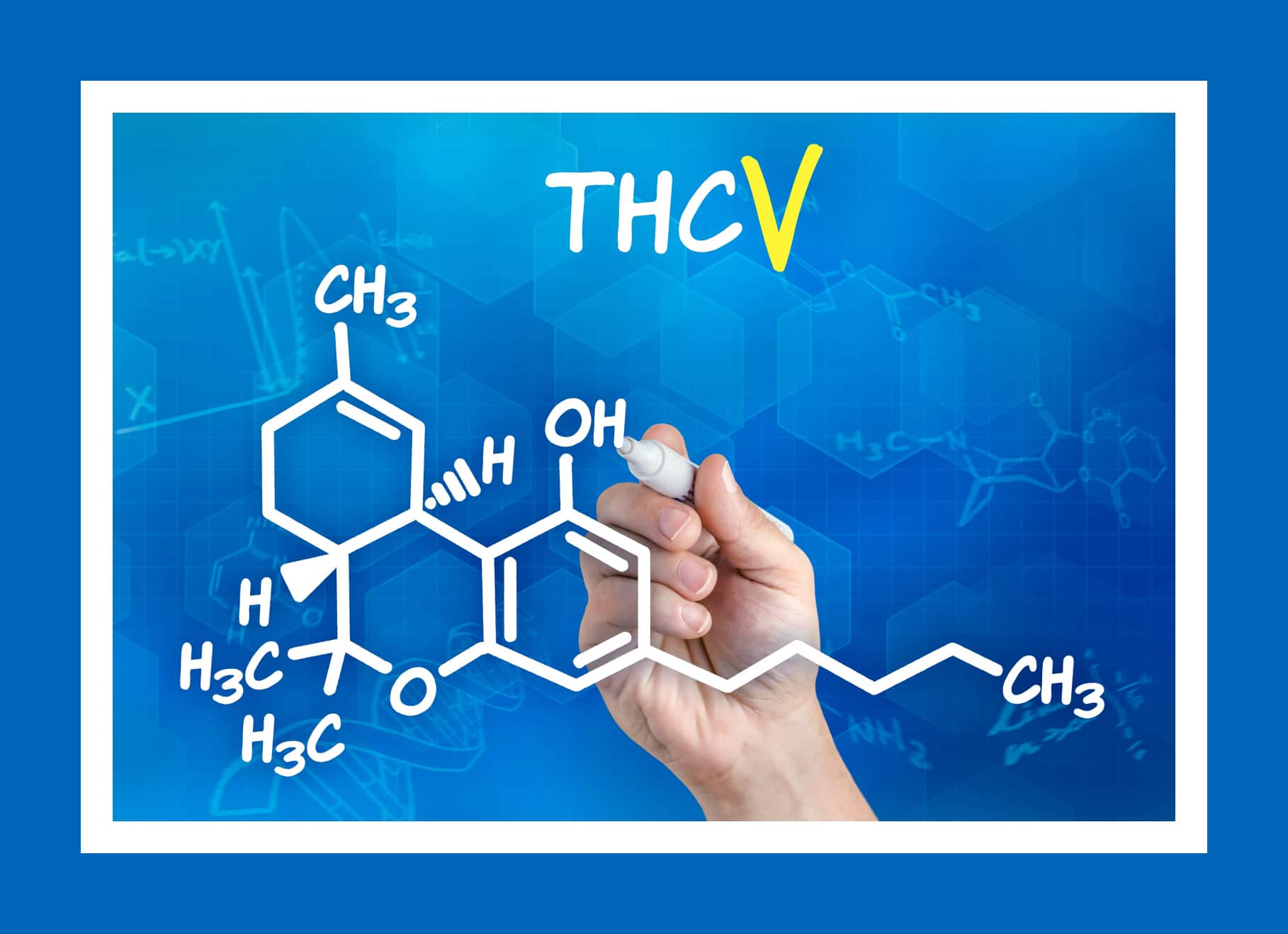Tetrahydrocannabivarin (THCV) is a cannabinoid substance found in cannabis and hemp plants. It's chemically comparable to tetrahydrocannabinol (THC) but with some key differences. Here's everything you need to learn about THCV including the dangers, benefits, differences, and similarities with other types of THC and more. What Is THCV? THCV is a less common cannabinoid discovered in some stress of cannabis, especially African sativa.
 THCV Strains: 11 Interesting Health Benefits You Should Know
THCV Strains: 11 Interesting Health Benefits You Should Know
 Tetrahydrocannabivarin (THCV) - Original FARM
Tetrahydrocannabivarin (THCV) - Original FARM
 What Is THCV and What Are the Benefits of This Cannabinoid?
What Is THCV and What Are the Benefits of This Cannabinoid?
THCV has a 3-carbon side chain rather than THC's 5-carbon side chain. This distinction is subtle, but it has a noticeable influence on the impact profile. THCV is rather psychedelic however just about and about. What Does THCV Feel Like? THCV has a strong energy-boosting element to it, that makes it especially popular amongst students and athletes.
In the United States, THCV policy is nuanced. THCV is not a Schedule I Drug, however marijuana extracts are making it rather unclear what the federal position is on THCV. The 2018 Farm Costs mentions that hemp plants and all derivatives of the plants are legal on a federal level, a lot of business follow this law and still supply THCV to consumers by just drawing out the compound from hemp plants.
If THCV is thought about a THC analog, it might be controlled in the future by the exact same guidelines as THC under the Federal Analog Act. This act mentions that any compound that shares a similar molecular profile as a known forbidden compound it's consisted of in the exact same drug Schedule classification.
What Are the Results of THCV? Advocates of THCV report that it produces an intense burst of energy and makes them feel blissful without the mental cloudiness triggered by THC. The impacts are very moderate compared to THC. The effects are almost specifically cognitive yet somehow have really little effect on headspace.
2. THCV & Cravings Some THCV users declare that it curbs their cravings. This is a typical result of other focus-enhancing compounds too. It's as though THCV removes the distraction of other bodily processes (like hunger) in order to protect resources and attention to cognitive jobs instead. How Does THCV Work? Cannabinoids produce biological impacts in the human body by communicating with endocannabinoid receptors.
CB1 receptors are located in the nerve system and communicate with neurotransmitters in the brain to produce mind-altering impacts. Interaction with CB1 websites is what offers some cannabinoids like THC their psychoactivity. THCV is a bit tricky to understand due to the fact that it's primarily a CB1 villain, indicating it has the opposite impact as THC.
While scientists are still looking for to comprehend this process, it appears THCV is able to obstruct the results of CB1 in low dosages and stimulate them in high doses. CB2 receptors are discovered primarily in the immune system. THCV is a partial agonist of CB2, but the impacts of this partial activity aren't widely known, and it seemingly has no noticeable influence on THCV users' experience.
As pointed out in the previous section, THCV is a CB1 antagonist in low dosages which is the exact opposite result of delta 8 and delta 9 THC. This might mean that THCV counteracts a few of the psychedelic impacts of THC. This effect might discuss why people who utilize THCV feel so clear-headed particularly compared to the notorious "fogginess" induced by delta 9 THC.